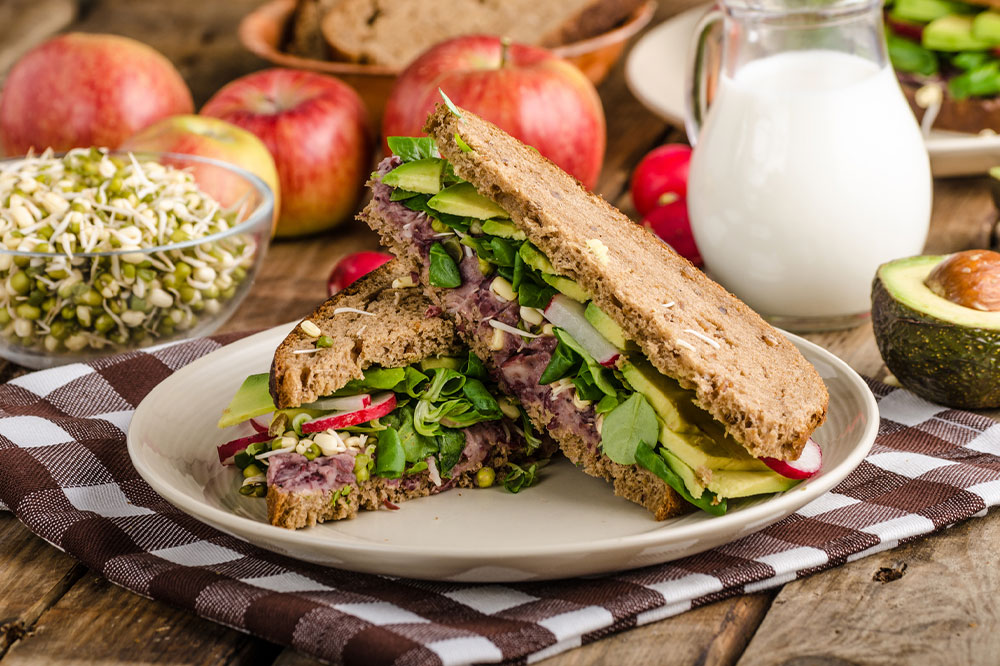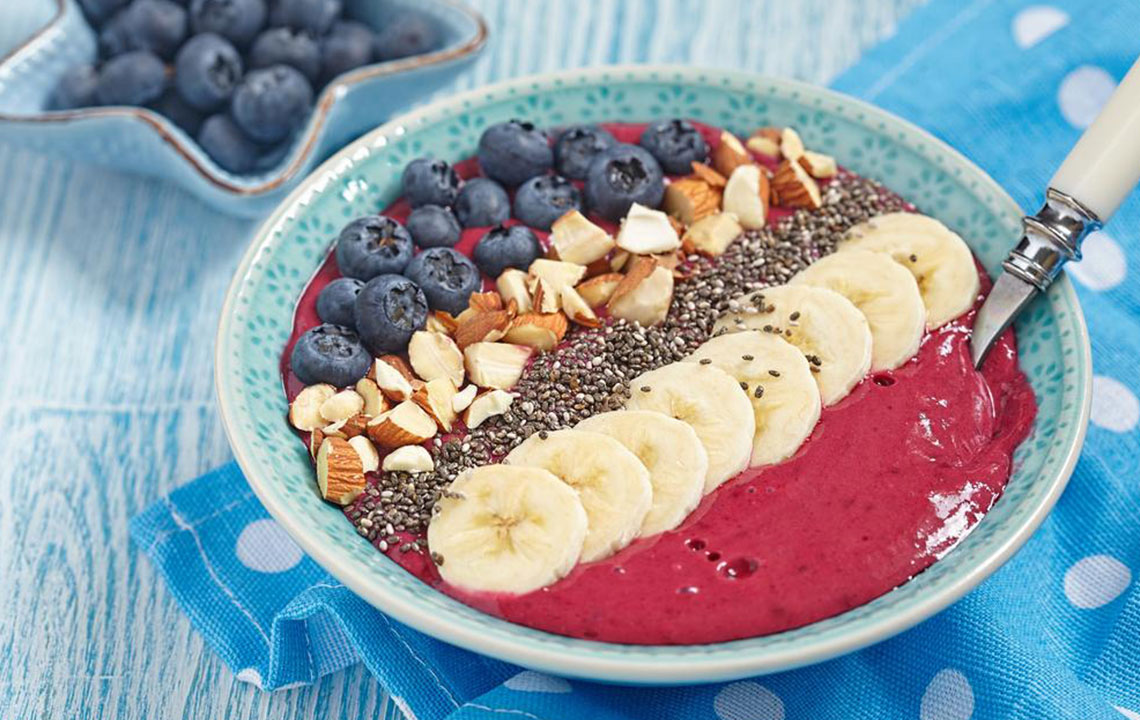Comprehensive Guide to Nutritious Breakfasts with Whole Grains and Nutrients
Discover the benefits of incorporating whole grains and nutrient-dense foods into your breakfast routine. This comprehensive guide offers a variety of healthy cereal options and alternative ideas to start your day energized, support digestion, and reduce disease risk. Learn how to choose the best foods for a balanced and nutritious breakfast tailored to your lifestyle and health needs.

Growing research in recent years has underscored the critical importance of a healthy breakfast, especially one that emphasizes the intake of whole grains and dietary fibers. Consuming adequate quantities of cereal fibers and whole grains has been linked to a significant decrease in the risk of early mortality caused by various chronic illnesses. Diseases such as certain types of cancers, type 2 diabetes, and respiratory ailments can potentially be mitigated through mindful dietary choices starting from the first meal of the day. For individuals adhering to an approximately 1800-calorie daily diet, experts recommend consuming around 53 grams of whole grains each day. This emphasizes the role of choosing breakfast options that are rich in whole grains while being low in added sugars, rather than opting for quick, convenience-based items loaded with unhealthy ingredients.
It’s a common misconception that all childhood cereals are unhealthy. In reality, many cereals made from whole grains are nutritious and beneficial for health. For example, Cheerios, one of the most popular breakfast cereals made from whole grain oats, contains only about one gram of sugar per serving, making it a low-sugar, wholesome option suitable even for young children. Other healthy cereals include Kashi Honey Puffs, which are formulated with a mix of buckwheat, rye, barley, oats, and rice, providing nearly half of the daily recommended intake of whole grains in a standard serving. These cereals not only support digestive health due to their fiber content but also contribute to sustained energy levels throughout the morning.
Granola is another versatile and nutrient-packed breakfast choice. Options such as 18 Rabbits Felicitas include oats combined with natural sweeteners like maple syrup, along with flavors of vanilla and cherries, offering a delicious yet wholesome start to the day. Fiber One cereal, known for being entirely sugar-free and made from whole wheat, is ideal for those who want a high-fiber, low-sugar breakfast that promotes digestive health and satiety. Ezekiel sprouted grain cereals are renowned for their high protein content—containing about eight grams per serving—and are free of added sugars. These cereals are crafted from sprouted lentils and wheat, which increases nutrient bioavailability and facilitates better digestion and nutrient absorption.
Traditional favorites like Post Grape Nuts are made from whole grain wheat and provide a classic, low-sugar cereal option that is also soy-free. Kellogg’s Special K Protein Plus offers an impressive ten grams of protein per serving, emphasizing the importance of whole grains combined with protein to support muscle maintenance and overall energy needs. For those looking for cereal blends, Nature’s Path Millet Rice combines millet, brown rice, and oats, naturally sweetened with fruit juice. Alpen Muesli contains rolled oats, whole wheat, nuts, and raisins, delivering a nutritious crunch packed with fiber, healthy fats, and antioxidants.
Brands like Cascadian Farm’s Hearty Morning, featuring granola clusters and whole grains, exemplify how wholesome ingredients can boost energy levels and promote overall well-being from the very first meal. There are also numerous other reputable brands such as Uncle Sam Whole Wheat & Flaxseed, Barbara’s Puffins, Erewhon Corn Flakes, and more, each offering a variety of health-promoting cereal options designed to cater to different taste preferences and dietary needs.
However, breakfast doesn’t have to be limited to cereals. Healthy, balanced alternatives include Greek yogurt combined with fresh fruits like bananas, berries, or peaches, which provide probiotics and antioxidants. Eggs, whether boiled, scrambled, or in an omelet, offer high-quality protein and essential nutrients. Nut butters on whole wheat bread can provide healthy fats and protein, while watermelons and other fresh fruits can add hydration and natural sugars. Smoothies made from fruits, vegetables, nuts, and seeds are a versatile and customizable option to boost nutrient intake early in the day. Whole wheat bread, chia seeds, mixed nuts, and green tea are also excellent additions to various balanced breakfast combinations. Cottage cheese with fruit or nuts offers another protein-rich choice that can keep you full longer.
When selecting packaged cereals and breakfast foods, always review ingredient lists carefully. Prioritize products that are minimally processed, contain whole grains as the first ingredient, and have low or no added sugars. Awareness of allergens and artificial additives is essential for maintaining health and avoiding adverse reactions. A varied, mindful approach to breakfast not only fuels your body effectively but also supports your overall health and long-term wellness. Developing consistent habits of choosing nutritious, nutrient-dense breakfast options is a powerful step toward a healthier lifestyle.
In summary, integrating a well-rounded, fiber-rich breakfast that includes whole grains, fruits, and proteins can provide energy, improve digestion, and reduce disease risks over time. Whether you prefer cereals, smoothies, eggs, or yogurt, focusing on whole, unprocessed ingredients will help you start each day on a healthy note. Embracing a diverse range of nutrient sources and reading food labels diligently are key strategies to ensure your morning meal aligns with your health goals.





